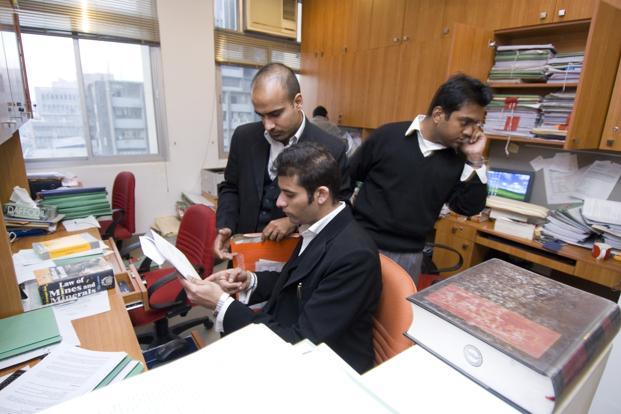Navigating the Changing Legal Landscape: Balancing Tradition with Tomorrow’s Lawyers

The legal profession finds itself at a crossroads as it grapples with a paradigm shift that demands a recalibration of strategies to attract and retain fresh talent from the younger generation. This transformation has been catalyzed by recent debates surrounding “Zoom Associates,” young lawyers who commenced their careers during the pandemic. While criticisms have emerged, it is essential to recognize the broader context of change.
Differences in ascribing Value: Traditional ideals held by Boomers and Gen X are evolving as Gen Z and Millennials prioritize holistic development, mental well-being, and work-life balance. The legal profession must adapt to these shifting values.
Redefining Ambitions: Young lawyers are increasingly prioritizing mentorship, continuous growth, and work-life balance over traditional partnership aspirations. Firms must recognize these changing career goals.
Recognizing Diverse Aspirations: The legal career path is no longer linear, with lawyers exploring diverse fields beyond traditional law. Firms must nurture these varied aspirations.
Understanding Work Environment Expectations: Young lawyers seek a supportive, engaging culture that promotes skill development and personal growth. Innovative workspaces can play a crucial role in this regard.
Embracing Empathy: In a post-pandemic world, empathy is paramount, not only towards others but also towards oneself. Legal professionals must acknowledge the psychological impact of recent events.
Communication Styles: Younger generations advocate for transparent, open communication, challenging traditional hierarchies. Firms must adapt to these evolving communication norms.
Learning from History: This generational tension is not new; the legal profession underwent a similar shift in the past. Learning from history can inform how today’s leaders navigate these changes.
In conclusion, the legal profession must embrace this paradigm shift and actively shape its future. Resisting change will only prolong the inevitable, and leaders must adapt to ensure the profession remains vibrant and relevant in tomorrow’s world.